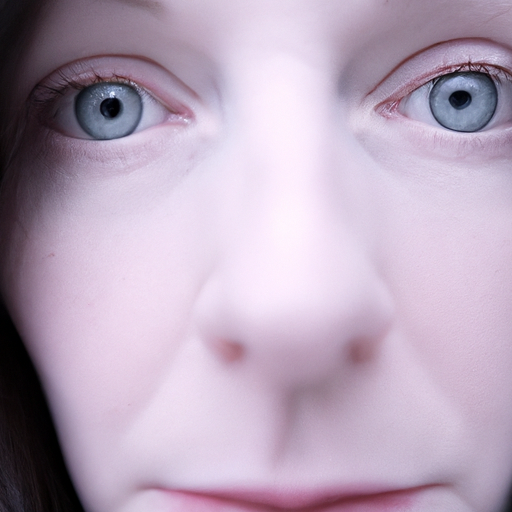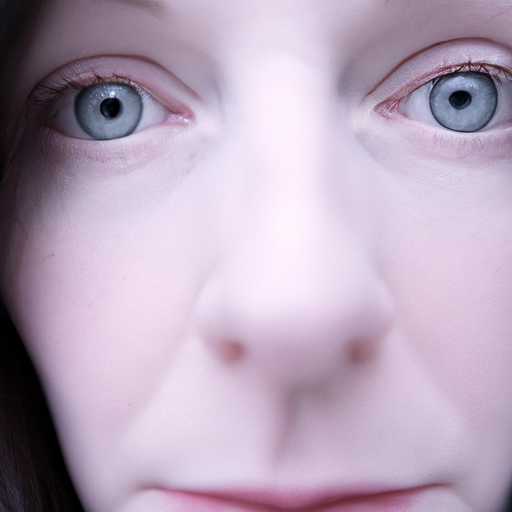As an expert in the field of skincare, I often come across a common confusion among people when it comes to understanding the difference between hydrating and moisturizing. These two terms are frequently used interchangeably, but they have distinct meanings and purposes. Unveiling this mystery will help you understand your skin better and choose the right products for your skincare routine.
Hydration and moisturizing are two fundamental steps in skincare, but they cater to different aspects of skin health. Hydration refers to the water content within the skin cells, which helps in maintaining the skin’s plumpness and elasticity. On the other hand, moisturizing is about creating a barrier on the skin’s surface to lock in the hydration and prevent water loss.
Let’s delve deeper into each concept.
Hydrating is all about infusing your skin with water. Our skin cells, like any other cells in our body, are made up of a significant amount of water. When these cells lack water, they shrivel, leading to dry, tight, and flaky skin, and making fine lines and wrinkles more noticeable. Hydrating products are designed to increase the water content of the skin. They contain ingredients known as humectants, such as hyaluronic acid and glycerin, which attract moisture from the air and from deeper layers of the skin to hydrate the surface layers.
Moisturizing, on the other hand, is about trapping and sealing in that hydration into the skin. If you hydrate your skin but don’t moisturize, the hydration can easily evaporate, leaving your skin dry again. Moisturizers contain ingredients known as occlusives and emollients, like oils and butters, which form a protective layer on the skin’s surface to prevent water loss.
Understanding whether your skin needs hydration or moisturization (or both) is key to choosing the right products. If your skin feels tight and dry, it likely needs hydration. If it feels rough and looks dull, it probably needs moisturization. However, most skin types benefit from both hydrating and moisturizing products.
A common misconception is that those with oily skin don’t need to moisturize. This is far from the truth. In fact, when the skin is dehydrated, it can overproduce oil to compensate for the lack of moisture, leading to even oilier skin and breakouts. Therefore, even those with oily skin need to hydrate and moisturize, albeit with lighter, non-comedogenic products that won’t clog pores.
In conclusion, both hydrating and moisturizing play crucial roles in maintaining healthy, glowing skin. Hydrating products replenish the water content in your skin cells, while moisturizing products seal in that water to prevent it from evaporating. By understanding the difference between these two concepts, you can better cater to your skin’s needs and choose the right products for your skincare routine. Remember, hydrated and moisturized skin is happy skin!




